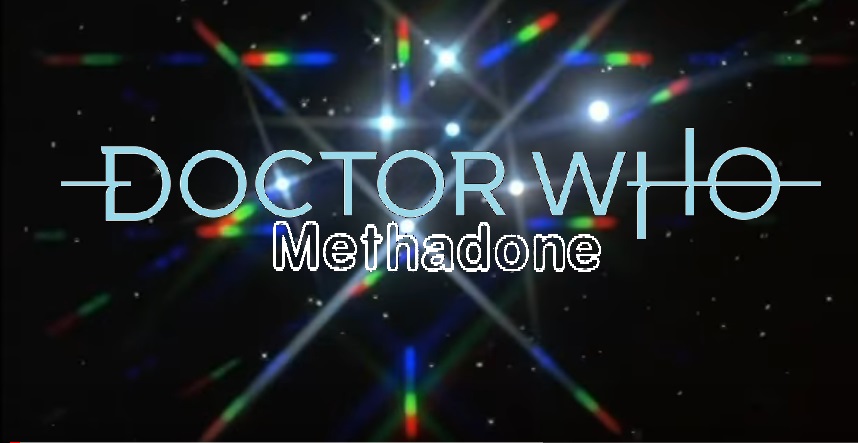Getting Frank Cottrell-Boyce as a writer is a coup as big as the hiring
of Neil Gaiman and Richard Curtis. His screenplays are constantly
surprising, whilst still managing to tell a story and, indeed, the plot
progression in this story is very different from anything we have seen
before. However, it seems to me that Cottrell-Boyce's method of telling a
story without adhering to tried-and-tested plot structures produces
some decidedly mixed results.
The problem, such as it is, is not the basic story line or the quality
of the writing, but the fact that it is uses many of the devices of
magical-realism without a thought as to how they can be made to work in
the context of a Doctor Who story. "Kill the Moon" used a story
that was superficially far fetched, but exploited its mythic resonance
with clear roles for the regulars and therefore managed to work as a Doctor Who
story. For "In the Forest of the Night" to have worked, it really had
to have a child as its point-of-view character – in other words had the
story revolved around Maebh, it would have worked much better as it is
in the viewpoint of a child that magic and science fiction can really
combine. Doctor Who is hardly hard science fiction, but questions
that can be ignored in such a story may require answers when the Doctor
is involved - magic trees need a more logical explanation, Maebh's 'Red
Riding Hood' run through the forest seems forced, rather than
archetypal and Maebh's sister hiding in the bushes is now a contrived
ending, rather than a fairy tale happy ending. There is also the rather
disturbing view taken of psychiatry which seems like it is verging on
Hubbardism without the filter of a child's point of view. On a fannish
and crudely scientific note, it could also be argued that the 'tree-line
defence' fits in rather uneasily with the Doctor Who mythos –
unless it is (despite the claims made by the tree spirits) only a
comparatively fleeting phenomenon that is extinct by the time of The Ark in Space,
to say nothing of not preventing the mass extinctions that allowed the
dinosaurs to conquer the earth and then ended their reign.
This does not take away from the fact that Cottrell-Boyce is a fantastic
writer and the concepts, although they sometimes clumsily fit together
are still striking. There is also the dialogue, which is fantastic
throughout 'If you remembered how things felt, you’d have stopped having
wars … and stopped having babies...' and, of course, the Doctor's
unexpected retort to Clara's rebuke from "Kill the Moon". Director
Sheree Folkson, with the assistance of cinematographer Mark Garrett,
creates some stunning visuals, with the backlit glade where the tree
spirits talk to the Doctor and the wonderful scenes with the wolves and
the tyger, where the story almost manages to succeed. However, it has to
be said that she sometimes struggles with Cottrell-Boyce's methods of
storytelling. The cast she marshals, however, is excellent – the Coal
Hill Kids are an unusual and welcome addition and the regulars are on
fine form, none more so than Peter Capaldi gives a performance of
grouchiness, humour and real sympathy – witness the scene where he tries
to convince Clara to save an ever dwindling set of people. However, the
Doctor's place in the plot is purely as an observer. Such stories have
worked before, but, with neither the Doctor being the driving character,
nor Maebh being the point-of-view character, the story loses an
important personal focus, another critical flaw in the story.
Despite the considerable talent behind its realisation and some truly
great moments, "In the Forest of the Night" barely works as a Doctor Who story and it is probably one that I won't revisit too often.
NEXT: "Dark Water"/"Death in Heaven"
Sunday 2 November 2014
Subscribe to:
Posts (Atom)
